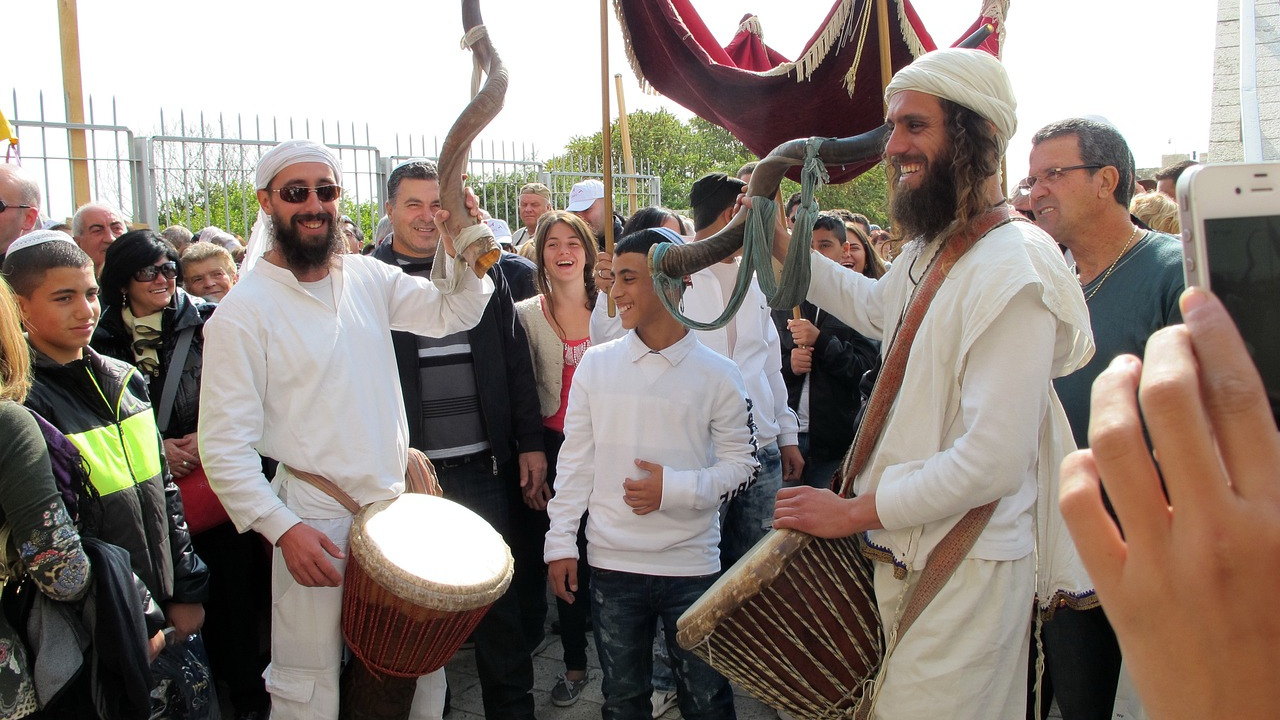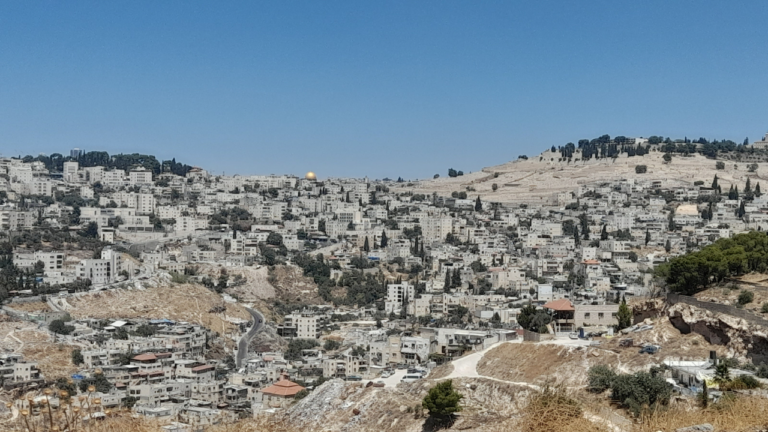Returning the Lost Jews to Jerusalem
Our parsha mentions the mitzvah of hashavat aveidah (returning a lost object):
You shall not see your brother’s ox or sheep straying, and ignore them. [Rather,] you shall return them to your brother. But if your brother is not near you, or if you do not know him, you shall bring it into your house, and it shall be with you until your brother seeks it out, whereupon you shall return it to him.
These verses describe a private affair: an individual person finds a lost object and returns it to its owner. The Talmud teaches us that the Sages instituted a system in which people who found lost objects could try to seek out the object’s owner:
There was a Claimant’s Stone in Jerusalem, and anyone who lost an item would be directed there and anyone who found a lost item would be directed there. This finder would stand and proclaim his find and that owner would stand and provide its distinguishing marks and take the item.
This was an efficient way of ensuring that lost objects were returned to their owners.
The Ben Yehoyada offers a deeper understanding of the talmudic passage. He suggests that the “Claimant’s Stone” refers not only to the person who claimed the lost object but also to a claim that the Jewish people had against God. The same way that the Jewish people are commanded to return lost objects to their original and proper location, the same should be true, in some sense, regarding God himself.
God’s “lost objects”, though, are not sheep and oxen. Rather, they are the Jewish people who are lost in exile and, particularly, His wayward children who are steeped in sin. The fact that the Jewish people return lost objects constitutes the basis of a prayer and a “claim” upon God to return His children to their rightful place in the Land of Israel and to be close to Him.
Perhaps we can add that this explanation jibes perfectly with the fact that the Claimant’s Stone is located in Yerushalayim. The Jewish people are only truly “home” and in their proper location when they are connected to this city. Part of God “returning” His lost objects is the return of the entirety of the Jewish people – the righteous and the sinners alike – to Yerushalayim. Every mitzvah we do, and especially the mitzvah of hashavat aveidah, is a step towards this return to Yerushalayim, making it fitting that the Claimant’s Stone is located in Yerushalayim.
This is the 445th d’var torah that I have merited to write for the American Friends of Ateret Cohanim community. Unfortunately, due to life circumstances, it will be the final d’var torah of this series.
When I started writing these weekly divrei torah about Yerushalayim over eight years ago, I did not imagine that this project would become a staple in my life for such a long period of time. It has been an incredible privilege to be able to spend so much time thinking about Yerushalayim and sharing Torah thoughts about our city with the broader world.
It has been an even greater privilege to be sharing these divrei torah as part of the Ateret Cohanim organization that does so much to reconnect the Jewish people to the city of Yerushalayim. I have a tremendous sense of gratitude to Ateret Cohanim for affording me with this opportunity.
In addition, I would like to thank Mr. Chaim Leibtag, the director of American Friends of Ateret Cohanim. He has been unfailingly supportive and I appreciate his kind and encouraging words in addition to his passion for Yerushalayim and his professionalism. My gratitude extends as well to Rabbi Shay Schachter who connected me to Chaim over eight years ago.
Finally, I would like to thank YOU, the recipients of the Ateret Cohanim newsletter and the readers of these divrei torah. Even though our connection has been largely virtual, nonetheless, Torah, and especially Torah about Yerushalayim, has a way of binding people together. I feel connected to the friends of Ateret Cohanim and readers of these divrei torah. And I am honored that this series of divrei torah might have helped strengthen the connection that Jews feel to the city of Yerushalayim.



